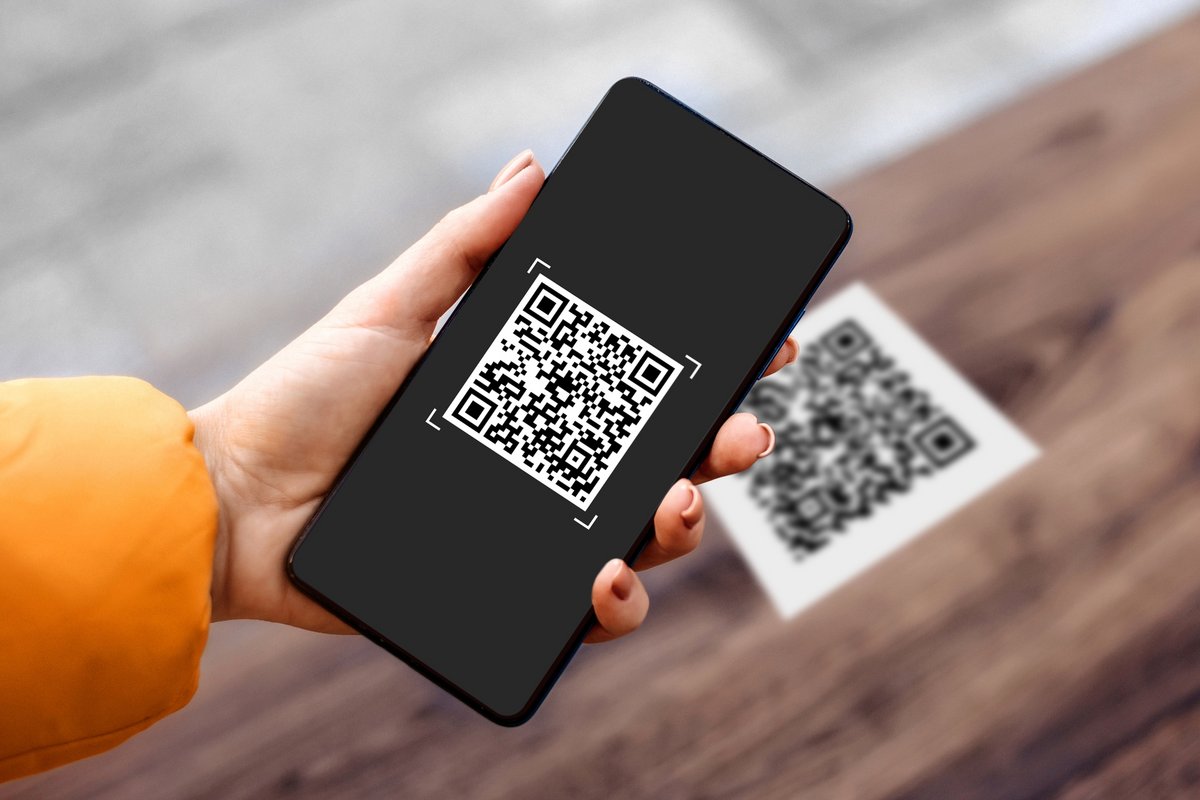More and more Internet users are victims of identity theft. This is a real scourge that can sometimes lead to disastrous consequences. In this context, it is very important to take measures to protect yourself and limit risks.
As France prepares to organize the Paris 2024 Olympic Games, experts are sounding the alarm about the risks linked to cyber threats which increase exponentially during these types of events. The figures speak for themselves: during the last Summer Olympics which took place in Tokyo in 2021, no less than 450 million cyberattacks were recorded by the authorities. For the Paris Olympics, the Ministry of the Interior estimates that there could be 8 to 10 times more numerous, or more than 4 billion potential cyberattacks. Phishing campaigns which can take different forms and which are generally the cause of identity theft should massively target individuals during the event.
Precautions to take before sharing sensitive information online
For cybercriminals, the Summer Olympics represent an unparalleled opportunity to try to trap as many victims as possible by extracting personal information from them. The French will undoubtedly be the target of massive phishing campaigns related to the competition, whether via emails, SMS, or even phone calls. The latter can offer discounted tickets to attend the events, VIP access, exceptional promotions in hotels and restaurants near the Olympic sites, etc. Likewise, mobile applications and fraudulent websites will multiply. Dozens of illegal ticket resale sites posing as the official ticket office of the International Olympic Committee have already been identified by French cyber police.
Also watch out for fake QR codes (called quishing) which could pop up everywhere during the event. Relatively new, this form of scam is used by scammers to direct users to fraudulent apps or websites designed to trick them into making an online payment or providing personal information. One of the techniques favored by cybercriminals during events like the Olympic Games is to create fake online platforms that perfectly imitate those of the official sites of the organizers or the government, for example. It is better to exercise extreme caution, and systematically check the URL of the site that appears on your screen when you scan a QR code.
Strengthen the protection of your online accounts
To minimize the risk of identity theft, it is advisable to protect access to accounts on which you have sensitive information as much as possible. In the all-digital era and the proliferation of online services, it is becoming almost impossible to manage all of your passwords yourself to access them. The best solution is to use a password manager that helps you create strong, unique passwords for each account and centralize them in an encrypted database. You only have one master password to remember to open the manager and access all your passwords.
To add an extra layer of security, you can also use two-factor authentication (2FA) systems offered by more and more online services. This method, which requires a second method of authentication (SMS, application, security key, etc.) in addition to the traditional password, considerably strengthens access to your online accounts. This helps reduce the risk of data theft and identity theft even if your usernames and passwords are compromised. However, as the connection procedure takes longer, it is recommended to use this authentication mode mainly for critical services and applications: banks, professional back office, messaging, cloud services, social networks, etc.
Identify data extortion methods to better protect yourself
As the Paris 2024 Olympics approach, identifying and understanding the different methods of data extortion is crucial to strengthening the security of your personal information. Even though some attacks are becoming increasingly difficult to detect, a few checks can help you limit the risks of being tricked by fraudulent messages, websites, or QR codes. You must be extra vigilant when you are asked for sensitive information, to click on a link or to open an attachment. Some phishings may contain gross spelling, grammar and syntax errors, but this is increasingly rare. Thanks in particular to generative AI, scammers are constantly improving the quality of the content of their phishing scams, which are therefore becoming more difficult to detect. Examine the sender’s address carefully, as it may have slight differences from the official address and be difficult to detect at first glance. Finally, hover over the links in the messages to preview the URL and check if it points to the legitimate website.
If in doubt, never open attachments from suspicious emails or emails from which you do not know the sender. In general, be wary of urgent and unsolicited requests. Fake phishing websites that masquerade as legitimate websites are designed to trick you into providing your personal information, banking details, etc. Here again, you can do various checks: make sure that the URL corresponds exactly to that of the official address, see if the site indicates legal notices (CGV) or even the postal address and/or telephone number of the society. For the Paris 2024 Olympic Games, we can finally expect a wave of malicious advertisements on social networks offering false promotional offers linked to the event. Before clicking, go to the official website through your browser to check if the offer really exists.

-50% on Bitdefender Premium Security Plus →
What to do in case of identity theft?
Faced with the proliferation of data leaks and massive phishing campaigns, identity theft is increasing exponentially. In the event of identity theft, it is imperative to react as quickly as possible to limit the damage. First, you must notify the financial organizations concerned as well as credit card issuers to block the compromised accounts. You must file a complaint with the competent authorities (the Police and possibly the CNIL in France), change the passwords of sensitive accounts, and activate two-factor authentication.
It is also strongly recommended to inform your loved ones and your employer to avoid scam attempts with your personal information. Using identity protection like Bitdefender Digital Identity Protection can continuously monitor your personal and financial data and alert you if something goes wrong. The service also provides numerous tips to help you protect your digital footprint and your online accounts on a daily basis.


Bitdefender Premium Security Plus: an advanced identity protection system
Even if zero risk does not exist, Bitdefender Premium Security Plus offers comprehensive protection that makes you much less vulnerable to attacks from cybercriminals. The Romanian publisher leverages cutting-edge technologies based on artificial intelligence and machine learning to identify and block most known and unknown threats, including phishing that can lead to identity theft. In addition to an unlimited VPN that encrypts your Internet traffic, the security suite has an arsenal of highly effective tools, including the Password Manager password manager and Bitdefender Digital Identity Protection. Users can also count on technical support to assist them in the event of a problem.
Take advantage of a 50% off offer on Bitdefender Security Plus →

Bitdefender Premium Security Plus
-
mood
30 day trial
-
devices
10 devices
-
phishing
Anti-phishing included
-
local_atm
Anti-ransomware included
-
groups
Parental controls included
9.5
Bitdefender continues the momentum of previous versions with continued efficiency. To detect and block any type of threat coming from the Internet, the suite is flawless. There are no false positives to report, and it has no significant impact on Windows performance. The software protects your computer flawlessly, therefore. The Bitdefender suite is also available on Apple and Android systems
Read the full review Try Bitdefender Premium Security Plus now!
- Excellent feature/subscription price ratio
- Flawless efficiency of the service
- Light impact on performance
- Very easy to administer from the web console
- An interface that’s a little too mainstream
Article proposed and designed by Clubic in partnership with Bitdefender.
Read the trust charter


Sponsored by
Bitdefender